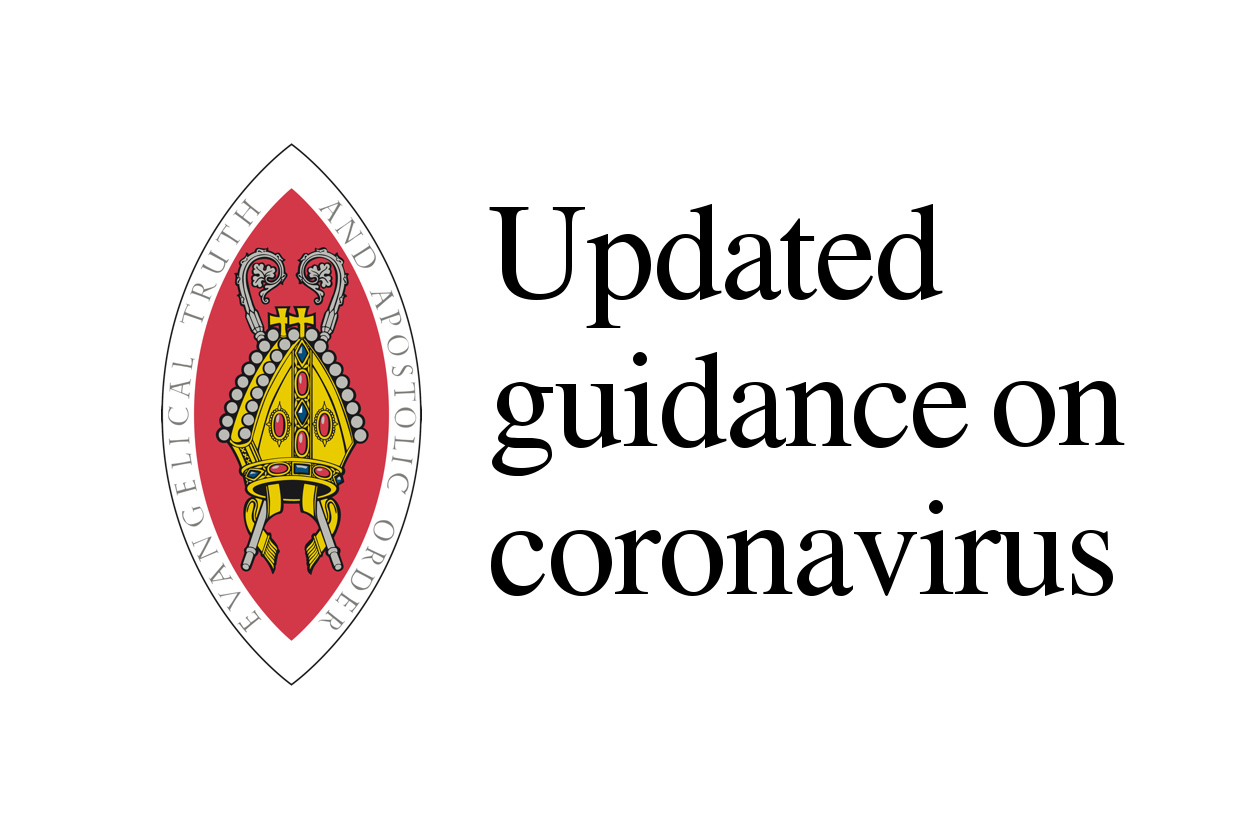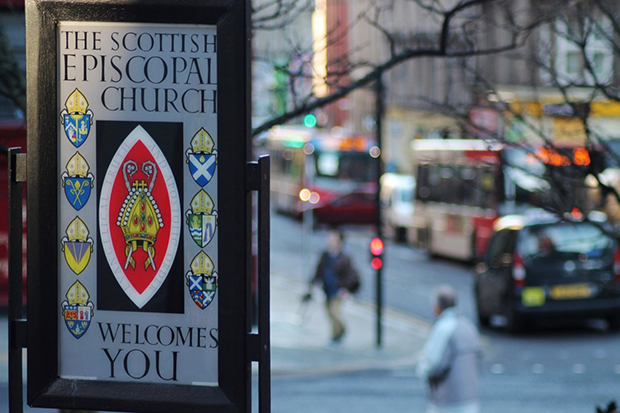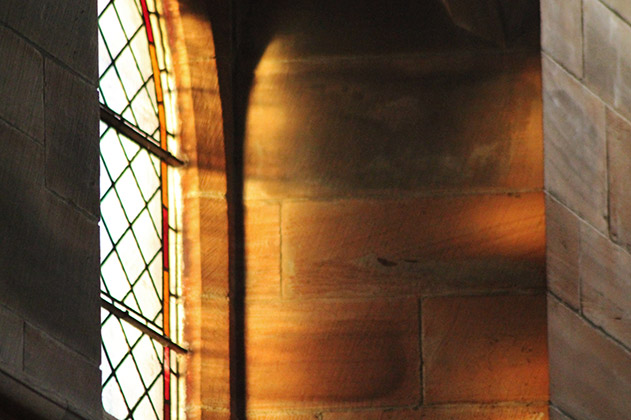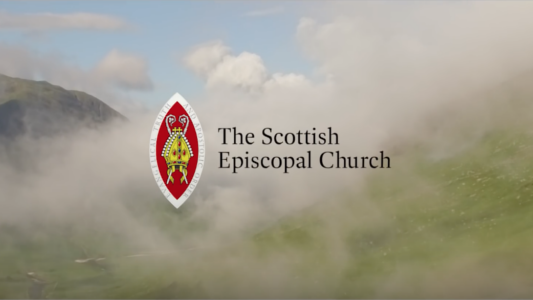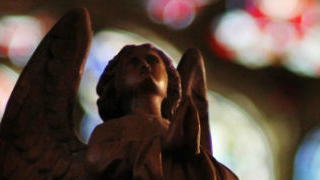The College of Bishops continues to follow closely the developing situation in relation to coronavirus. The rapidly changing picture brings about changes on an almost daily basis. The College continues to hold in its prayers the clergy and laity of the Scottish Episcopal Church and the people of Scotland and the United Kingdom as a whole.
The College expresses its thanks to everyone in the Scottish Episcopal Church for all that they are doing to adapt to current circumstances and continue in the provision of care and pastoral support. Clergy and lay readers are encouraged to be in touch with their Diocesan Bishop in connection with any matters of difficulty or concern.
At this time, the College offers further guidance as follows. It should also be emphasised that in a rapidly changing situation, the guidance that follows must be regarded as subject to any public health guidance or direction, which must take precedence.
- Advice issued last night by the Scottish Government is to the effect that church services should cease. Consequently, the Bishops ask that all gatherings for worship, including small gatherings such as house groups, should be discontinued until further notice.
- Church buildings can be kept open as a place for people to come and pray. However, if a church is open for private prayer, notices should be clearly displayed asking that visitors wash their hands on entry to the church.
- The province is working on plans to make worship available online. The bishops encourage participation in the broader Eucharistic life of the church in this way and emphasise the such online involvement is a form of participation in the Eucharistic community, even though participants cannot physically partake of the bread or wine.
- Clergy and lay leaders must feel free to self-isolate themselves when that is appropriate either to safeguard their own health or the health of others. Again, however, any member of clergy or lay leader needing to self-isolate is asked to discuss the matter with the diocesan Bishop. Where a decision to self-isolate is taken, the bishops expect congregations to be understanding and supportive. Self-isolation, except in the case of illness, does not mean that ministry and pastoral care must cease. Contact and communication can still be maintained over the telephone, by email or other electronic means.
- The taking of funerals may give rise to specific concerns. It may simply not be possible for family relatives or friends of the deceased to be able to attend a funeral service as usual. However, clergy can still take a funeral at the graveside or crematorium, even if those present are limited to clergy and funeral directors. Again, in cases of difficulty, bishops encourage clergy to discuss such matters with them.
- In the light of the public health recommendation that non-essential travel should not be undertaken, it is clearly inappropriate to continue with meetings which would draw people from a wider area – such as regional gatherings. Institutions, licensings etc will need to be dealt with differently from normal, and, again, such matters should be discussed with the diocesan Bishop.
- In some cases, where local income is dependent on regular giving through the weekly collection or giving envelopes, it is possible that congregations might encounter difficulties with cash flow. Churches are encouraged to consider alerting congregations to such potential difficulties and encouraging alternative ways of giving, for example by standing order. In cases where it is thought difficulty might arise, treasurers are encouraged to contact their diocesan office at an early stage to discuss whether any form of support can be made available.
- Consideration should be given to resilience planning in current circumstances. As a bare minimum, churches are asked to ensure that they have clear records for detailing those who hold keys for access to churches and halls and of the names of bank signatories and payroll officers, as well as plans on how to deal with circumstances if such individuals become ill or have to self-isolate.
The Most Rev Mark Strange
Primus

